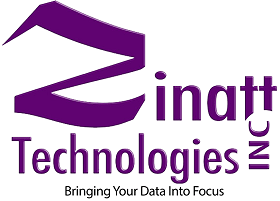There are several technologies that are changing the way we think and process information. Here are a few examples:
- Smartphones: Smartphones have changed the way we access and consume information, and have made it easier for us to multitask and switch between different tasks and sources of information. This can have an impact on our ability to focus and retain information.
- Social media: Social media has changed the way we process and interact with information, and has contributed to the rise of echo chambers and filter bubbles, which can limit our exposure to diverse perspectives and ideas.
- Search engines: Search engines like Google have changed the way we acquire and organize information, and have made it easier for us to access information quickly and efficiently. However, they can also reinforce confirmation bias and limit our exposure to new ideas.
- Artificial intelligence (AI): AI technologies are changing the way we process and analyze information, and are making it easier for us to make predictions and decisions based on data. However, they can also reinforce biases and limit our ability to make independent judgments.
- Gaming and gamification: Gaming and gamification technologies are changing the way we learn and develop skills, and are making it more engaging and interactive.
Technologies like this are changing the way we think and process information and are likely to continue to shape our cognitive processes and abilities in the years to come. It’s important to recognize both the benefits and risks of these technologies and to use them in a responsible and ethical manner.




 520 838 0346
520 838 0346 sales@zinatt.com
sales@zinatt.com









